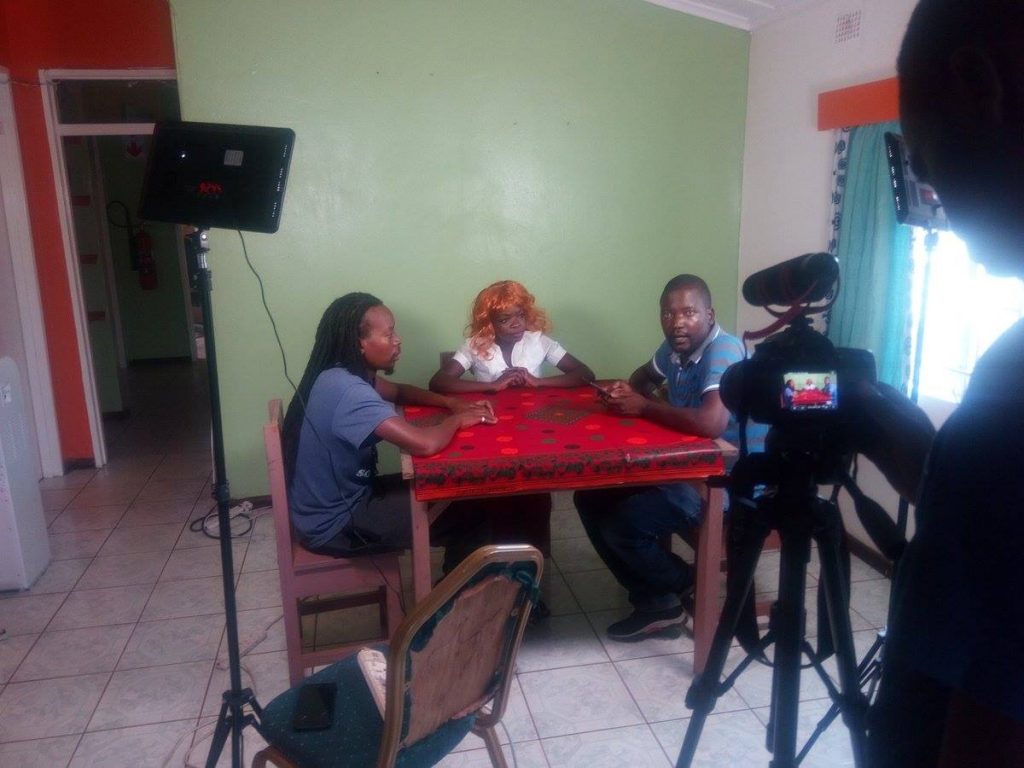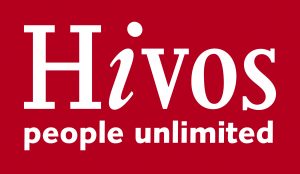
The project seeks to respond to citizens especially Youths who do not understand citizenship as a right. The prevailing norm is that citizens do not implement their duty and right to hold power holders to account instead revering public servants as Lords who cannot be questioned. The 7th National Development Plan (7NDP,) Zambia’s midterm development plan, states that Zambians have a trait of “docility and complacency” in the business of their daily lives, which has made citizens accept sub-standard products and services and violations of their human rights. This action has conceptualised the weak activism of citizens as a collective, as not the result of docility but rather of lack of the requisite information to facilitate the enjoyment of the right to accountability. Citizens generally do not understand citizenship as conferring on them the right and duty to demand accountability and a minimum acceptable standard of service delivery. Critically, public money is not viewed as owned by citizens. Instead, the state is viewed as a kindly benefactor. Cultural considerations and norms also deem that holding powerholders to account is seen as disrespectful. Because Zambia has a relatively young population, which is the part of the population that bears the consequences of imprudent use of public resources, this project targets mainly youth. The project uses parody news, animations, poetry and innovative public service information packs to implement a public resource management awareness campaign. Using humour and culturally relevant outputs, pertinent information linking citizens activism, public money and service delivery. It is envisaged that when young people understand citizenship as a right they will routinely interact with duty bearers and this will lead to a sense of confidence and active citizenship growing in the community generally.
This Projected is implemented with support from HIVOS
